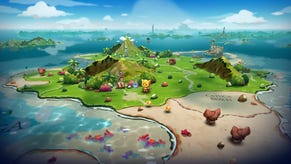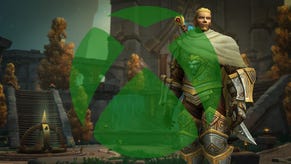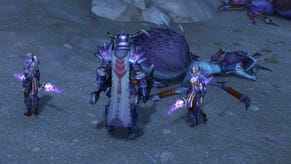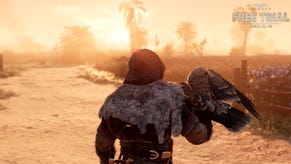Nintendo blames region-locking on local cultural differences and legal restrictions
"From some people's perspective, it might seem like a kind of restriction."
Nintendo boss Satoru Iwata has discussed the company's decision to region-lock games on its home consoles and handhelds.
Iwata said the restrictions were necessary due to the cultural differences in some localised versions, as well as legal restrictions.
It was also a measure Nintendo had "historically" imposed, he added.
"From some people's perspective, it might seem like a kind of restriction," Iwata told IGN. "However, we hope people can appreciate the fact that we're selling our products worldwide.
"There are many different regions around the world, and each region has its own cultural acceptance and legal restrictions, as well as different age ratings. There are always things that we're required to do in each different region, which may go counter to the idea that players around the world want the freedom to play whatever they want."
Apart from the usual tasks of translation, its unclear how often local differences cause problems for Nintendo. Regardless, those who go to the trouble of importing the game from another region will likely be aware they will be getting a non-local version.
As for the argument that Nintendo consoles have "historically" been region-locked, that's not really true. The 3DS is the company's first handheld to implement region-locking.
Nintendo has also tightened up region restrictions on its home consoles in recent years, and moved to block region-unlocking discs such as Datel's Freeloader. Widely available for the GameCube, Freeloader allowed Europeans to play games such as Animal Crossing years before they came to the West.
While the wait times for game localisation have largely been reduced, there are still examples where titles take ages to reach Europe. Fire Emblem: Awakening was available in Japan 12 months before Europe. Animal Crossing: New Leaf took seven months to land on UK shores. Why penalise those who want to buy a Japanese version?
Nintendo's stance on region-locking looks more isolated after Microsoft U-turned on its Xbox One policies. With PlayStation 3 and 4 both region-free, Nintendo is the only hardware manufacturer to continue promoting the practice.
















